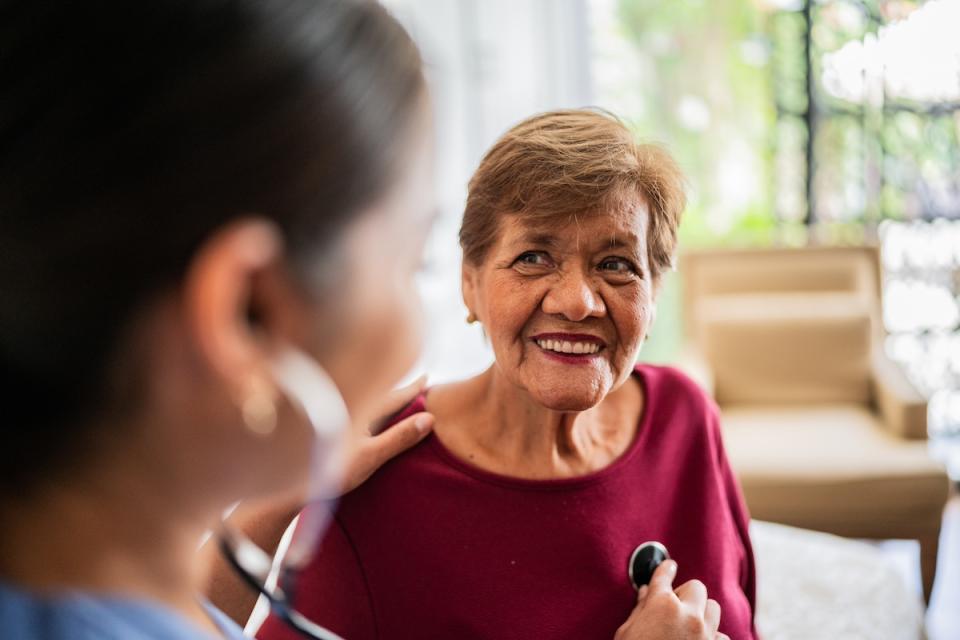Your heart is amazing. It's a strong, muscular pump a little larger than your fist that moves blood continuously through your circulatory system. Each day, the average heart beats about 100,000 times and pumps about 2,000 gallons of blood through your body.
If you notice your heart is fluttering, beating too fast or too slow or just not beating the way it usually does, you might have a heart rhythm problem known as an arrhythmia. In this article, Thomas Mattioni, MD, an electrophysiologist at HonorHealth Heart Care - Cardiac Arrhythmia, explains what you need to know about irregular heart rhythms.
Types of arrhythmias
There are many types of arrhythmias that can occur with varying degrees of symptoms. If you’re having symptoms that are interfering with daily living — causing fatigue, fainting or chest pain — you should be evaluated by a physician to diagnose if an arrhythmia is the cause.
Atrial fibrillation (Afib) is the most common type of arrhythmia; it’s a fast, irregular heartbeat in which electrical signals fire in a very fast or uncontrolled fashion, causing the atrial chambers of the heart to twitch, quiver or contract. Blood can pool in the heart causing blood clots, and if a blood clot travels to the brain, stroke can occur.
“When your heart doesn't beat properly, it can't pump blood effectively,” says Dr. Mattioni. “When that happens, your lungs, brain and all your other organs can't work as they should. Without sufficient blood flow, organ damage begins to happen, and the organ just shuts down entirely.”
How are arrhythmias treated?
Before treatment, your doctor will need to know where in your heart the arrhythmia starts and if it's abnormal. An EKG or ECG, a non-invasive test that determines your heart rate and rhythm, are often used to diagnose them.
Additional tests include:
- A Holter monitor – a portable device that you wear nonstop for 24 to 48 hours to record your heart's electrical activity.
- An exercise stress test – measures heart activity as you walk on a treadmill or ride a stationary bike.
- A tilt table test – your blood pressure and heart rate are measured as you lie on a table that's slowly tilted up.
- Electrophysiological studies – map your heart's electrical system.
Treatments for arrhythmias vary depending on the severity and may include:
- Medication management
- Lifestyle changes (e.g., quitting smoking, eating a healthy diet and being active)
- Radiofrequency ablation
- Defibrillator
- Pacemaker
- Device implantation (e.g., Watchman™)
- Robotic cardiac ablation
Implantable heart monitor could prevent stroke
After an active 62-year-old woman has a stroke, her doctor implants a heart monitor, revealing she has Afib. This revolutionary device detects dangerous heart rhythms and can prevent future strokes from happening.
Treatment alternatives for Afib-related stroke
If you’ve been diagnosed with atrial fibrillation (Afib), blood thinners can limit your stroke risk; however, not everyone can tolerate these medications. The good news is there are other treatment options available.
Is atrial fibrillation getting in your way?
Atrial fibrillation (Afib) is a common arrhythmia that raises your risk of heart failure and makes stroke five times more likely. It affects at least 2.7 million Americans, but as many as 6.1 million may have it without knowing.

